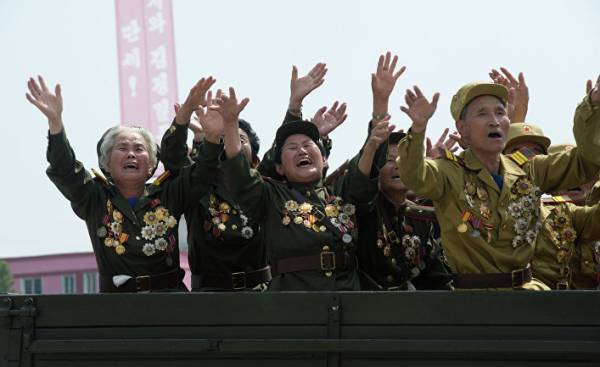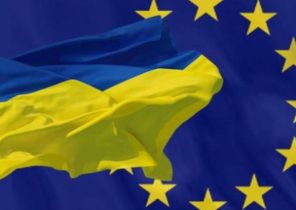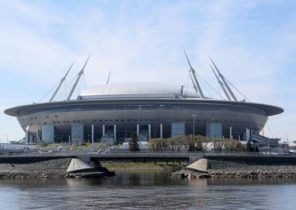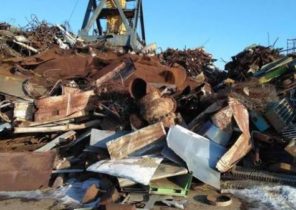
How much impact on North Korea of tougher sanctions by the UN Security Council in connection with the launch of an Intercontinental ballistic missile “And 14”?
The resolution includes a ban on imports from North Korea not only has previously limited the export of coal, but all seafood, as well as a ban on the admission of new North Korean labor in other countries.
In addition, under the sanctions were the North Korean financial institutions and export-oriented group of companies. Among them, the Korean Bank of foreign trade, the Korean national insurance companies, the Korean company on the development of crediting and etc. the Resolution also prohibits new joint with North Korean companies projects and funding old.
It is expected that the DPRK would lose a total of $ 10 billion:
- $ 400 million from the export of coal
- $ 250 million — of iron and iron ore
- $ 100 million — lead and lead ore
- $ 300 million from seafood exports
However, North Korea is not so easy to deal a serious blow that will change her policy.
Vice President Hasanskogo Institute of political studies said: “it Seems that the new sanctions will be a serious blow for North Korea. Before the sanctions, which will have a really significant impact, is still far”.
First, a ban on the export of minerals is only a continuation of measures to control the export of coal from the DPRK, imposed by resolution 2321 of the UN Security Council in November last year. In particular, the Ministry of Commerce people’s Republic of China has temporarily banned the import of coal from North Korea in February.
North Korea has managed to successfully adapt to new conditions: already mined coal was diverted to meet domestic demand.
The success of the ban on the export of fish products is also difficult to guarantee. So, many fishing vessels of China pay for the entrance to the fishing areas of North Korea and engaged in fishing on the East and West of North Korea. In 2004, China and North Korea actually signed the contract in respect of the East sea, and in 2016 in the waters of the DPRK acted 1268 Chinese courts. Therefore, the trade of North Korean seafood is hard to stop.
In addition, the three northeastern provinces of China is landlocked. The demand for the seafood its Communist sister there is very high — in the markets of most products from North Korea. Not to mention the fact that the ability to control the trade of seafood from North Korea in the mountains of China and Russia are close to zero.
“Sanctions against the DPRK do are amplified. But as the export of coal from the North was previously blocked by the embargo from China, and other sanctions are easily circumvented, in practice they are not effective”, says Lee Jong-Kyu, a member of the research Committee of KDI.
The ban on the export of labour force the situation is also not significantly change. All about control. For example, the number of North Korean workers sent to China at the moment, it is impossible to determine. Depending on the Agency, the results of calculations range from 19 to 100 thousand people.
It is worth adding that Russian President Vladimir Putin is actively engaged in the development of the Far East, but the labor shortage is a chronic problem in the region. From the point of view of the Russian Federation, the involvement of North Korean workers who are known for their discipline and integrity, is inevitable.
“The North Korean labor force, especially its cheapness attracts Chinese and Russian companies. I doubt that the UN resolution is respected,” confirms Lee Jong Kyu.
Illegal migrants from North Korea in the border areas with China is one of the main reasons why a new UN resolution, it is difficult to crush the North Korean economy.
Moreover, North Korea is developing market trade: people get profit by trading with China and in the southern regions. Exact figures are difficult to lead, but according to estimates, this trade is more than half the official.
“Sanctions are difficult to influence cash flow and the supply of goods. North Korea has learned to solve problems independently of the private sector with the development of the market. Therefore, the country is unlikely to feel serious blow to its economy”, — says Professor of the Department of studies of the Far East Cannuscio University Il-Chul.







